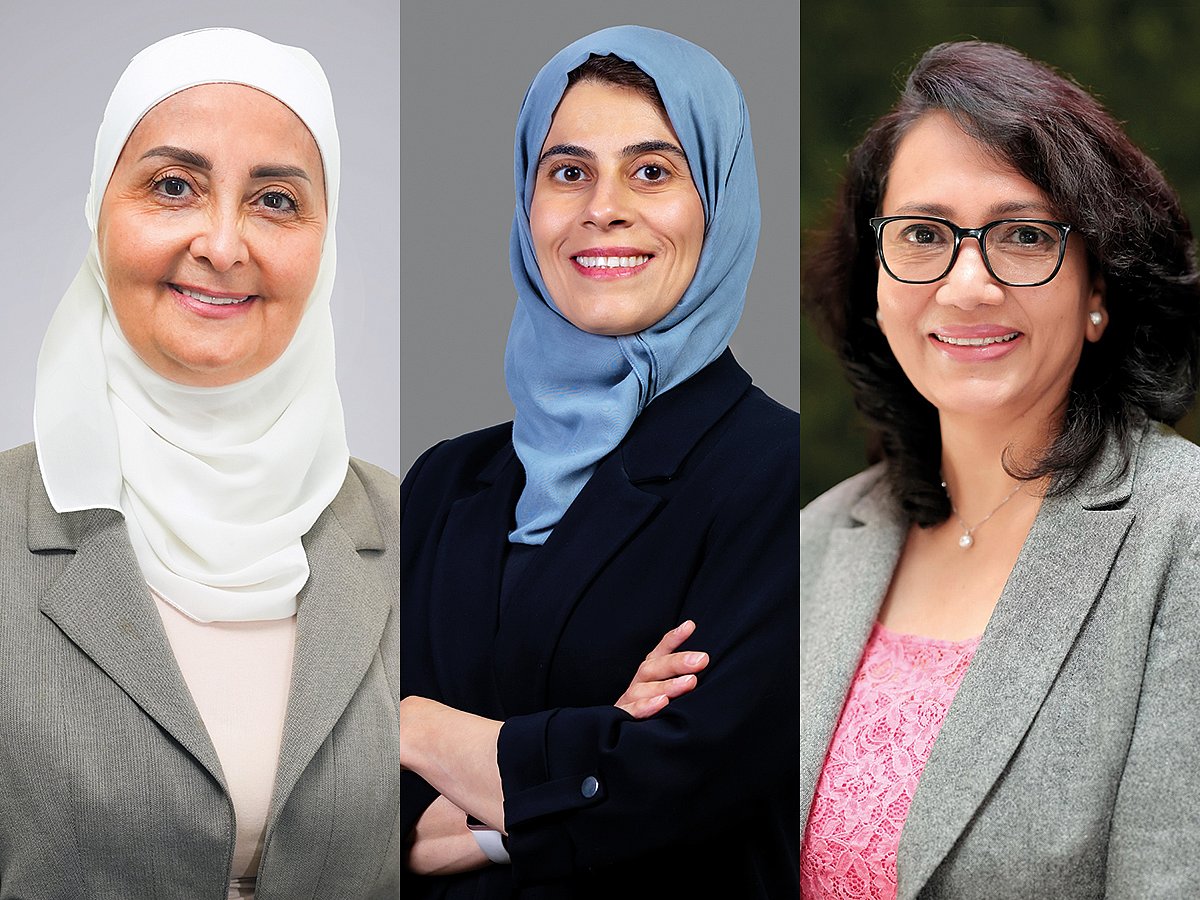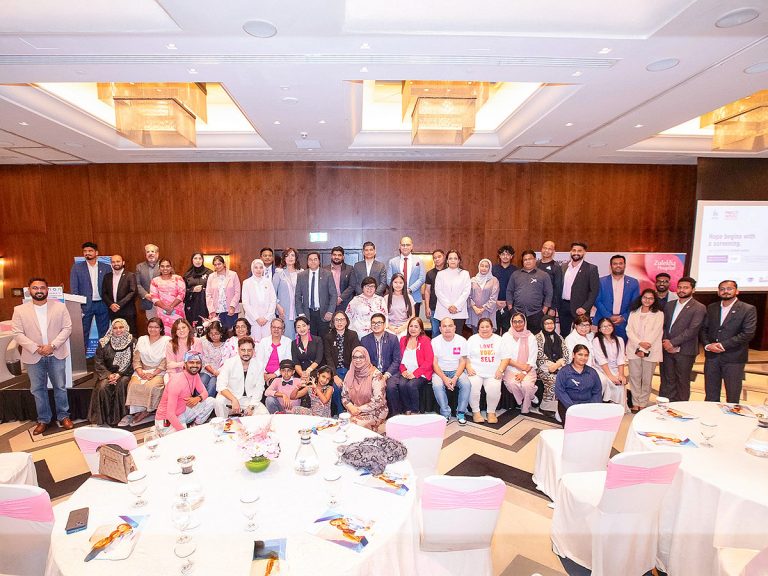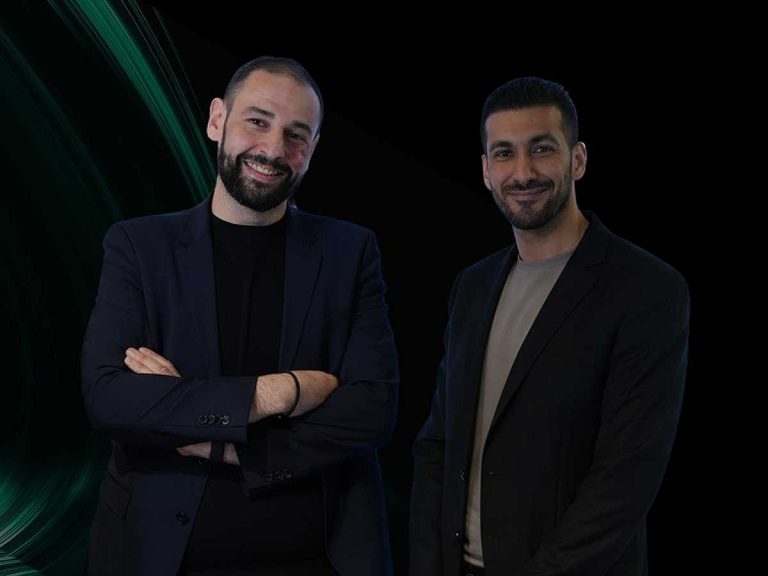Breast Cancer Awareness: Myths and Screening Importance
Breast cancer remains a significant health concern for women worldwide. Understanding the realities surrounding this disease is crucial for early detection and effective treatment. Experts emphasize the importance of awareness, regular screenings, and informed decision-making to empower women in their health journeys.
Common Myths About Breast Cancer
Myth 1: Feeling Fine Means No Screening Needed
Many women believe that if they feel healthy, they do not need a breast cancer screening. However, breast cancer can develop without any noticeable symptoms in its early stages. Regular screenings, such as mammograms and ultrasounds, are essential for detecting changes that may indicate cancer, often before any physical signs are present.
Myth 2: Family History is Required for Risk
A prevalent misconception is that only women with a family history of breast cancer are at risk. In reality, 70-80% of breast cancer cases occur in women without any family history, according to the World Health Organization (WHO). While a family history can increase risk, most women diagnosed with breast cancer do not have relatives who have had the disease.
Myth 3: Young Women Are Safe
Another common belief is that breast cancer primarily affects older women. While the risk does increase with age, younger women can also develop breast cancer. Those under 40, especially with risk factors, may need to consider earlier screenings to ensure timely detection.
Myth 4: Mammograms Are Dangerous or Painful
Some women avoid mammograms due to fears about radiation exposure or discomfort. However, the radiation levels used in mammograms are very low, and any discomfort experienced is typically temporary. The benefits of early detection far outweigh these minimal risks.
Myth 5: Finding a Lump Means It’s Too Late
Many women fear that discovering a lump indicates advanced cancer. In fact, many lumps are benign, and early detection of cancer significantly improves survival rates. For instance, the five-year survival rate for early-stage breast cancer exceeds 99%, according to the American Cancer Society.
The Role of Healthcare Professionals
Healthcare professionals play a vital role in guiding women through the screening process. A breast surgeon, for example, can provide reassurance and expert advice if a lump is found or if an abnormal screening occurs. Most changes are not cancerous, but early intervention is crucial.
Comprehensive Review and Diagnostics
A thorough assessment of personal history, risk factors, and previous screenings helps healthcare providers understand each patient’s unique situation. Accurate diagnostics, including mammograms, ultrasounds, and biopsies, are employed to deliver precise results.
Multidisciplinary Approach
Complex cases are reviewed by a team of specialists, including oncologists, radiologists, and pathologists, ensuring that all aspects of a patient’s health are considered. This collaborative approach enhances the accuracy of diagnoses and treatment plans.
Personalized Care Plans
Based on diagnostic results, healthcare providers create tailored care plans that may include minimally invasive procedures, surgery, or careful monitoring of benign conditions. Patient-centered guidance is essential, as it empowers women to make informed decisions about their health.
Advanced Screening Technology
At Medcare Royal Specialty Hospital, advanced technology is utilized to improve breast cancer screening. The introduction of Digital Breast Tomosynthesis, or 3D mammography, marks a significant advancement in accuracy and early detection.
Benefits of 3D Mammography
Unlike traditional 2D mammograms, 3D mammography captures multiple images of the breast from various angles, allowing radiologists to examine breast tissue layer by layer. This method is particularly beneficial for detecting smaller lesions that may be missed in standard 2D images, especially in women with dense breast tissue.
AI-Assisted Technology
The AI-assisted 3D mammogram adjusts radiation levels based on breast thickness and tissue density, ensuring patient safety while maximizing diagnostic accuracy. This innovative approach enables earlier detection of cancers, often before symptoms arise, and minimizes unnecessary follow-ups and biopsies.
FAQs
Why is regular breast cancer screening important?
Regular screenings are crucial because they can detect breast cancer in its early stages when treatment is most effective, even before symptoms appear.
At what age should women start getting mammograms?
Women should discuss their individual risk factors with their healthcare provider, but general guidelines suggest starting mammograms at age 40 or earlier for those with higher risk.
What should I do if I find a lump in my breast?
If you discover a lump, it is important to consult a healthcare professional promptly for evaluation and potential diagnostic testing.
Conclusion
Breast cancer awareness and screening are vital components of women’s health. By dispelling myths and promoting regular screenings, women can take proactive steps toward early detection and effective treatment. It is essential to stay informed, consult healthcare professionals, and prioritize regular check-ups for a healthier future.
Also Read:
Abu Dhabi Enhances Pediatric Care with New Partnership







